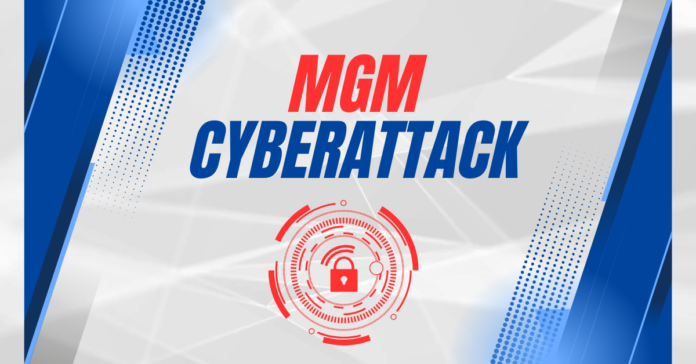In September 2023, MGM Resorts was the target of a cyberattack that exposed weaknesses in the hospitality industry, particularly for customer-centric systems handling sensitive data. Unlike sectors with less direct customer interaction, hospitality is especially susceptible to attacks like these due to its reliance on digital access for guests.
Technical Analysis of Attack Methods
The ALPHV and Scattered Spider groups exploited a vishing technique by targeting MGM’s help desk. By posing as employees, the attackers manipulated support staff to gain high-level credentials, bypassing initial security defenses. They accessed MGM’s Okta and Azure environments, where they disabled hypervisors, disrupting the infrastructure from reservation systems to gaming operations. This incident underscores the need for strategies that prevent unauthorized internal access.
Recommended Risk Mitigation Strategies
Improved Social Engineering Training: MGM can reduce risks by reinforcing employee training on identifying and responding to social engineering tactics.
Implementing a Zero-Trust Model: A zero-trust approach across internal systems could improve security by continuously validating users’ access, even within trusted networks.
Automated Detection and Response: AI-driven systems could flag unusual access requests to prevent unauthorized entry.
Strict Role-Based Access: Defining access levels within Okta and Azure would limit the extent of the damage if credentials are compromised.
Financial Impact and Legal Repercussions
The daily revenue losses, estimated at $8.4 million, reflect the severe financial impact, further amplified by ongoing lawsuits. This incident and public concerns over security practices signal a need for long-term investment in more robust cybersecurity.
Reputational and Long-Term Business Effects
The attack’s implications extend beyond immediate losses, with lasting impacts on consumer trust. To regain confidence, MGM and similar companies must demonstrate strengthened digital safeguards. Increased insurance costs and regulatory scrutiny may also challenge future operations.
Comparisons with Major Global Attacks
Although the MGM incident is significant within the U.S., it pales compared to large-scale global attacks like WannaCry in 2017, which impacted hundreds of thousands worldwide. However, using social engineering and ransomware against MGM may become a tactic of choice for attackers targeting service-driven industries.
Conclusion
The MGM cyberattack reinforces the need for advanced, tailored cybersecurity practices, particularly in industries with extensive customer-facing technology. Improved employee training, zero-trust systems, and automated detection will be essential to reduce risks as the threat landscape evolves.


